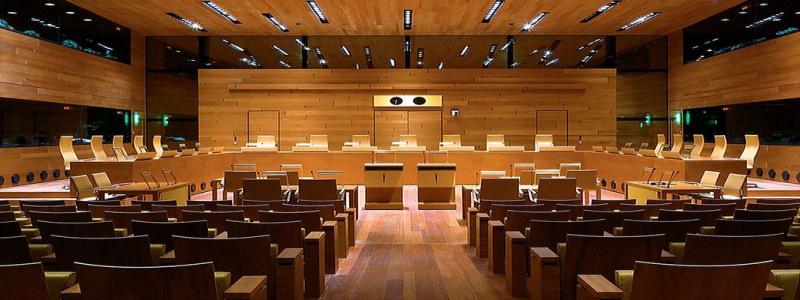On 1 August 2022, the Court of Justice of the European Union (CJEU) gave a ruling in the case C‑279/20. The preliminary ruling concerned XC, a Syrian national who applied for family reunification with her father, who had obtained refugee status in Germany; however, the German authorities rejected her request as she had reached the age of majority before her father had obtained the residence permit as a refugee. The referring German court asked for clarification of Article 4(1)(c) of the Family Reunification Directive (no. 2003/86) to establish the decisive date for the purposes of assessing XC’s status as a minor. In addition, the German Court asked the CJEU about the requirements that are to be imposed in terms of a real family relationship within the meaning of the Family Reunification Directive.
The Family Reunification Directive states that minor children must be below the age of majority but it does not specify the point in time to be considered in order to assess whether this condition is satisfied, nor does it refer to the law of the Member States in this regard. The CJEU confirmed that although it is left to the discretion of the Member States to determine the age of legal majority, they do not enjoy any discretion as to the determination of time which must serve as the point of reference for assessing the age of the applicant. Additionally, the Court recalled that the objective pursued by Directive 2003/86 is to promote family reunification and that the Directive also aims to give protection to third-country nationals, in particular minors, and thus MS have the obligation to have regard to the child’s best interests as recognised by the Charter. For this reason, the Court held that considering the time when the authorities of the MS decided on the asylum application would be inconsistent with the objectives pursued by that Directive, which seek to promote family reunification and to grant special protection to refugees, and with the child’s best interests.
The Court concluded that in those cases where the child has reached the age of majority before the sponsor was granted refugee status and before the application for family reunification was submitted, the date considered should be the submission of the sponsor’s asylum application. Additionally, the Court pointed out that this is as long as the following application for family reunification is made within a reasonable period, more specifically within three months of the date on which refugee status was granted to the parent sponsor.
Regarding the requirements for a real family relationship in cases of family reunification of a minor child with a parent who has been granted refugee status, the Court paid special attention to the situation of refugees on account of the reasons which obliged them to flee their country and prevented them from leading a normal family life there. The CJEU affirmed this is why the Directive lays down more favourable conditions for refugees for exercising their right to family reunification. Additionally, the judgment established that the family link needs to be assessed on a case-by-case analysis and there are no specific requirements as to the closeness of their family relationship. In the case at hand, the Court highlighted XC was still a minor when her father was forced to leave his country of origin and therefore formed part of his nuclear family, and thus according to the family reunification directive should in any case apply. The Court also took into account the refugee status of the father that impeded them to lead a real family life for some years. Finally, the Court held it must be established that there is actually a family relationship or the intention to establish or maintain such a relationship as the mere legal parent-child relationship is not sufficient on its own. However, the Court also clarified that the parent sponsor and the child cannot be required to support each other financially and nor to cohabit in a single household, as occasional visits and regular contact of any kind may be sufficient to consider that those persons are reconstructing personal and emotional relationships and to establish the existence of a real family relationship.

